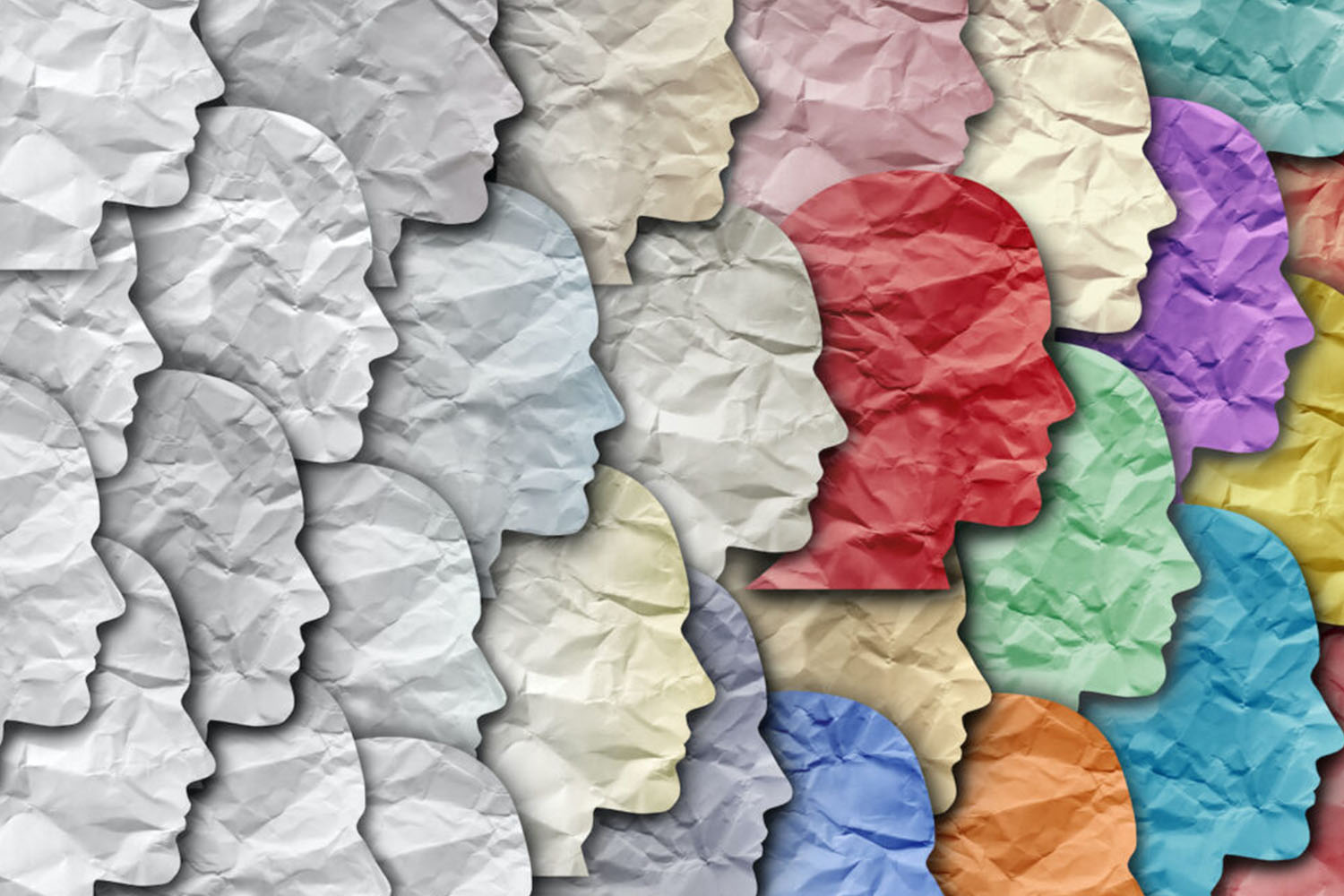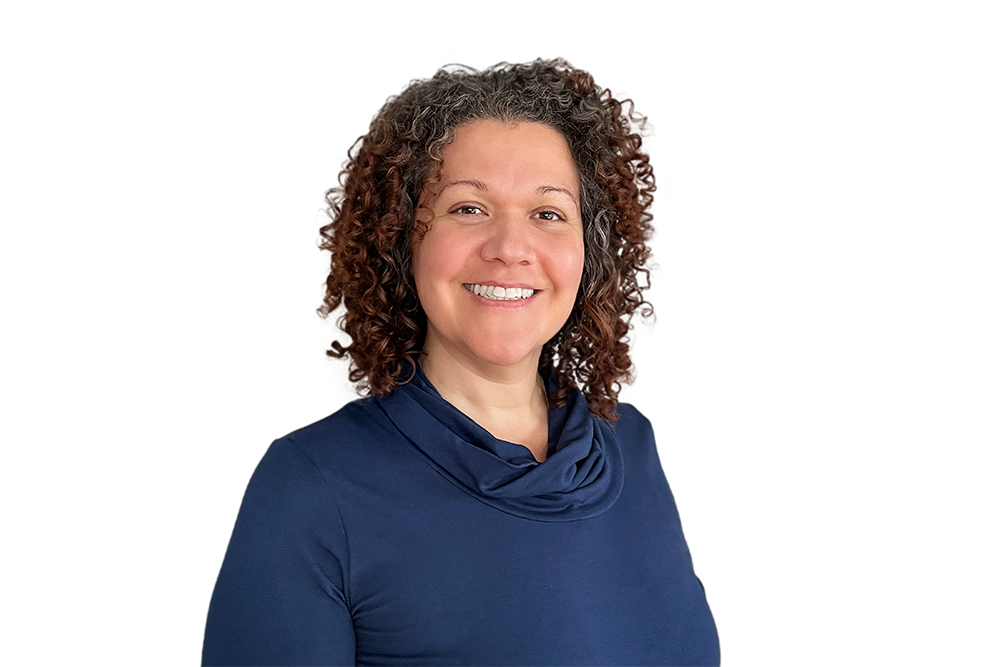Living into Our Purpose: Leadership as a Force for Change

Last week’s events in Washington, D.C., were sad, disgraceful, and will leave a permanent scar on what we consider to be one of the most important fundamental concepts in the United States—democracy. When leadership intentionally misleads people, working only in self-interest, bad things happen. We saw the results of a deterioration of trust, fueled division, a targeted misinformation strategy, and an attempt to disrupt and terrorize a process to certify our next president, Joe Biden, and next vice president, Kamala Harris. This is unacceptable behavior, and it should be condemned at the highest level of our government and private organizations.
Our mission as an organization continues to be so important. We all know that strong leadership is the centerpiece for healthy and active change. And since we are in the leadership business, there is so much work to do to help facilitate this monumental shift. Our daily work with leadership at the top of organizations across the globe continues to be a massive lever in helping restore trust and reduce the deep divisions we currently see in the world, our communities, and our organizations. As leaders, we must continue to foster an environment of compassion, openness, and authenticity, and we must redefine success.
We need to move away from the idea that success will happen overnight with an allocation of resources, the hiring of one or two critical roles, or with the various list of tactical activities without a clear vision. Success starts with reflecting on the business and culture we want and by connecting to our own impact and influence on that environment. The divisions and inequity we see around us happens because of our inability to understand how our power and advantages have allowed us to create cultures and standards for our organizations that are narrow and exclusive. We must hold ourselves to the highest bar and model inclusive leadership that enables us to build organizations where we can leverage the full capacity and potential of all of our employees.
An inclusive leader, one who can continue to maintain diversity and inclusion as a cornerstone of the enterprise, is an agent of transformation who makes a meaningful and lasting difference.
Inclusive leaders share four fundamental characteristics:
- They are agile learners. Inclusive leaders continuously seek connection and understanding across all the cultures and differences in their enterprises. Further, they proactively apply learnings to their leadership approach so that inclusiveness and belonging continues to improve.
- They are culturally fluent. Inclusive leaders step out and ask questions, even if they are experiencing discomfort, and demonstrate their willingness to be taught.
- They are humble. Inclusive leaders use their power intentionally and with thought. While seeking authentic connection and engagement, they understand the potential impact they make and manage their power to good effect.
- They are courageous. Inclusive leaders understand that transformation means seeking out and dismantling system inequities and bias. They have the courage to do whatever is needed to accomplish this.
I am very hopeful that leadership in our organizations, in our governments, and around the world will get this right. I am optimistic that I will get this right by being reflective, willing to learn, courageous, and by modeling humility. Courage sometimes looks like the simple willingness to be uncomfortable or share a story about ourselves. And sometimes courage means standing up for something bigger than ourselves and taking a point of view that makes us more visible than we are comfortable with. We must be willing to lead each other through a pandemic, social divisions, and the biggest disruption to democracy we have seen in our lifetime.







